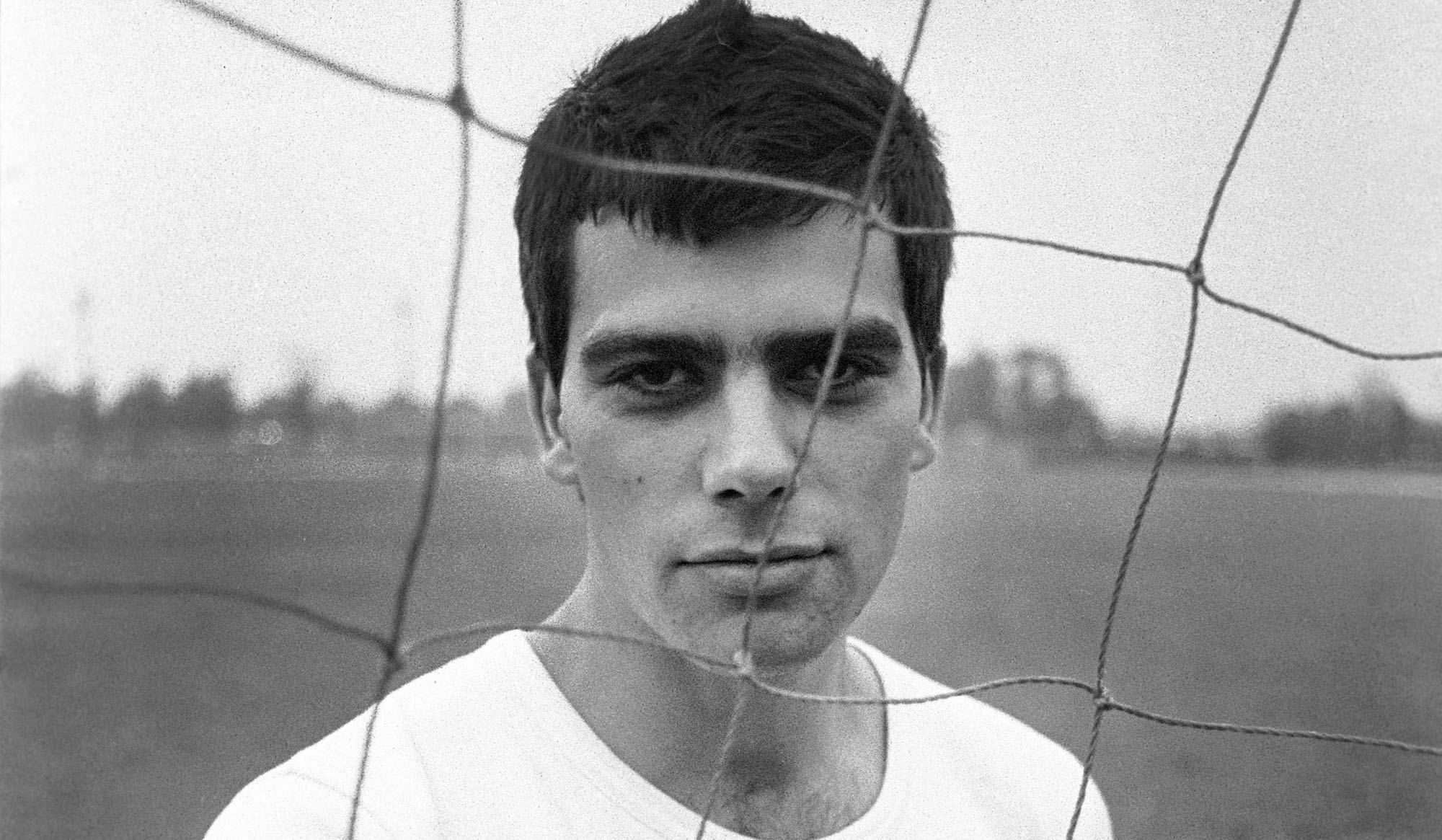Alan Rankine, guitarist and co-founder of The Associates, dies at 64
As a co-founder of Electric Honey Records, Rankine also played a significant role in launching the careers of a number of prominent Scottish rock bands

Alan Rankine, guitarist and co-founder of Scottish new wave band The Associates, has died at the age of 64.
Rankine's sons, Callum and Hamish, confirmed the news on the guitarist's Facebook page, the BBC reports. No cause of death was given.
Born in Stirlingshire, Scotland in 1958, Rankine took up the guitar at a young age, and formed The Associates with vocalist Billy Mackenzie in the late 1970s.
First garnering radio play with a unique cover of David Bowie’s Boys Keep Swinging, the Associates released their debut LP, The Affectionate Punch, in 1980. Featuring The Cure's Robert Smith on backing vocals, the album had limited commercial success, but the duo soon found their footing in 1982 with their sophomore album, Sulk.
Peaking in the top 10 of the UK charts, the album generated two Top 20 singles in that country, Party Fears Two and Club Country.
Rankine, however, left The Associates shortly after Sulk, focusing from then on on solo material – he would release three solo LPs over the course of his career – and production work. He would go on to produce releases by Paul Haig, Anna Domino, and, notably, Cocteau Twins.
Rankine also became a lecturer at Glasgow's Stow College (now Glasgow Kelvin College), where he co-founded Electric Honey Records, a student-run label that served as the home for early releases by Biffy Clyro, Snow Patrol and Belle and Sebastian.
Get The Pick Newsletter
All the latest guitar news, interviews, lessons, reviews, deals and more, direct to your inbox!
In a statement posted to Belle and Sebastian's Facebook page, the band's drummer, Richard Colburn, wrote, “I first met Alan in 1995 when I was a student at Stow College. He was my lecturer on the music business course. The college had its own small record label called Electric Honey Records and because of my connection with the band, I was able to hand in an early demo of Dog on Wheels. As soon as Alan heard the demo, he made up his mind that this was the song and band that was to represent Electric Honey Records that year.
"Normally, the label would release a two or three song single but Alan had the foresight (and slightly bigger budget than the year before) to ask us if we could record a whole album instead. We did, and the result was Tigermilk, which was recorded in five days at CaVa studios in Glasgow."
"If it wasn’t for Alan," Colburn continued, "our path would’ve been very different. We owe a lot to him. Alan was a fantastic, generous, and talented person who will be sorely missed by everyone that knew him. He was an unbelievable musician and his musical legacy will live on forever."
Jackson is an Associate Editor at GuitarWorld.com. He’s been writing and editing stories about new gear, technique and guitar-driven music both old and new since 2014, and has also written extensively on the same topics for Guitar Player. Elsewhere, his album reviews and essays have appeared in Louder and Unrecorded. Though open to music of all kinds, his greatest love has always been indie, and everything that falls under its massive umbrella. To that end, you can find him on Twitter crowing about whatever great new guitar band you need to drop everything to hear right now.











